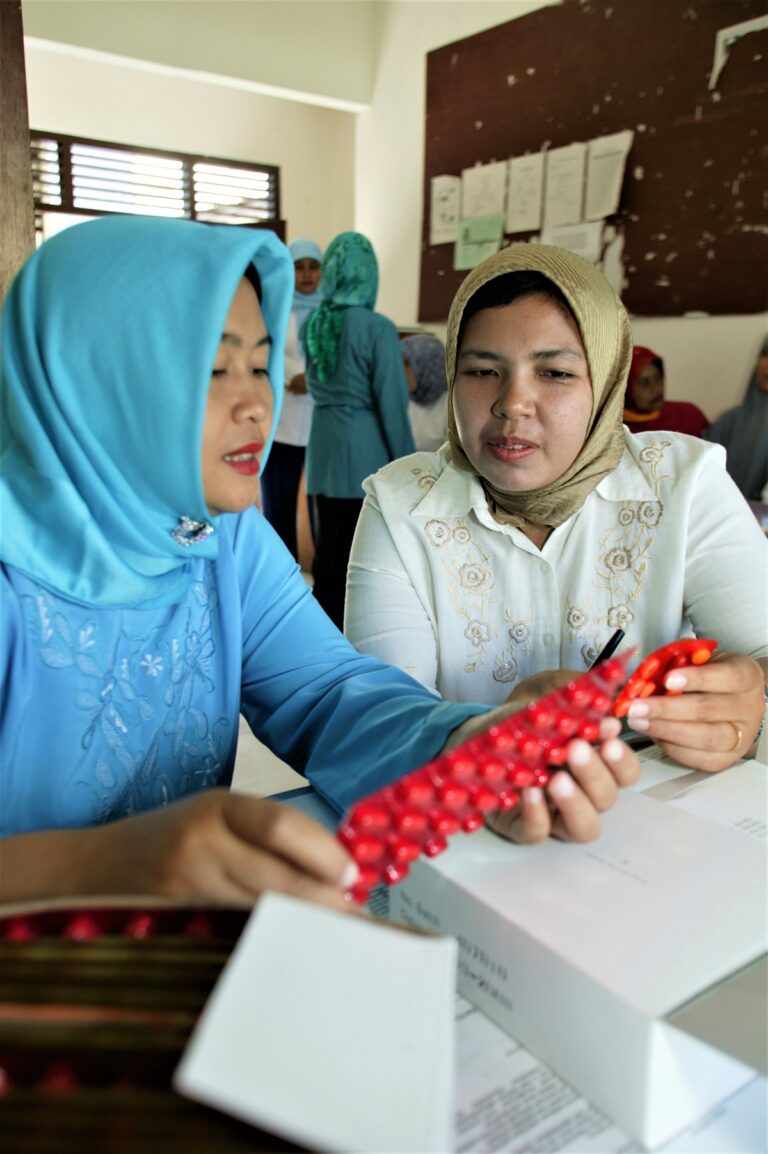By Dr Poonam Khetrapal Singh, WHO Regional Director for South-East Asia
Antimicrobial resistance (AMR) continues to pose a significant challenge to global public health, with devastating effects on the effectiveness of essential medicines and the ability to effectively treat infectious diseases. Several factors, including high population density, limited access to health services, and antimicrobial misuse and exploitation, make the Southeast Asian region particularly vulnerable to this threat.
AMR is directly responsible for approximately 1.27 million deaths per year worldwide, with current estimates putting the number of victims in South Asia at 389,000. If no action is taken now, it is estimated that by 2050, ten million deaths will occur each year globally. on a large scale, costing the global economy a total of one hundred trillion dollars. By 2050, according to a World Bank report, antimicrobial resistance will be responsible for up to a 3.8% decrease in global exports, a 7.5% reduction per year in livestock production and A $1 trillion increase in health care spending. costs.
Addressing AMR requires interdisciplinary collaboration that transcends geographic, professional, and disciplinary barriers. That’s why our region has taken proactive steps to combat AMR. In 2011, through the Jaipur Declaration on Antimicrobial Resistance, the region’s health ministers called for coordinated action against AMR. In 2014, the fight against AMR was elevated to the rank of key priority. Since then, the World Health Organization (WHO) has been supporting Member States to more effectively implement National Action Plans (NAPs) against AMR.
World Antimicrobial Awareness Week (WAAW) is commemorated with the aim of increasing awareness and understanding of AMR while promoting best practices among the public, multi-sectoral stakeholders and policy makers. This year, WAAW was renamed Global Antimicrobial Resistance Awareness Week by the quadripartite organizations, comprising the Food and Agriculture Organization of the United Nations (FAO), the United Nations Program for environment (UNEP), of the World Health Organization (WHO). ) and the World Organization for Animal Health (WOAH). The inclusion of the term “resistance” in the acronym “AMR” more precisely characterizes the difficulty we are addressing.
The theme for this year’s World AMR Awareness Week (WAAW) remains “Preventing Antimicrobial Resistance Together” as in 2022. This theme highlights the need for collective efforts across many sectors to promote responsible use antimicrobial agents and improve preventive strategies to combat antimicrobial resistance. RAM. It highlights the importance of adopting a collaborative approach based on the One Health framework. One Health is the recognition and understanding that the health of humans, animals and the environment are interconnected and interdependent. This holistic approach views the health of all living things and the ecosystems they inhabit as interconnected and mutually influencing. It is imperative to foster collaboration among the many sectors and stakeholders involved in the areas of human, terrestrial and aquatic animal and plant health, as well as food and feed production and conservation. of the environment. This collaboration should encompass effective communication, strategic planning and concerted efforts toward common goals.
To sustain and accelerate progress, it is imperative to strengthen multi-sectoral coordination, which facilitates the development and implementation of AMR-related policies and regulations. Collaboration between different sectors helps align policies, regulations and guidelines, ensuring consistency of approaches across sectors. It enables the harmonization of surveillance systems, antimicrobial stewardship programs, infection prevention and control measures and the regulation of the use of antimicrobials in human and animal health.
Preventing antimicrobial resistance is not a responsibility that can fall on a single individual, organization or country. This is a collective effort that requires our unfailing commitment. Let’s use this week to reflect on the importance of collaboration, learn from each other and renew our determination to meet this multi-faceted challenge head on.
We stand at a critical juncture in our fight against AMR, and the choices we make today will profoundly affect the health and well-being of generations to come. Let us welcome this World Antimicrobial Resistance Week with a renewed spirit of cooperation and a strong determination to preserve these essential medicines for the good of humanity and the planet.
Together we can make a difference, and together we can prevent antimicrobial resistance.
